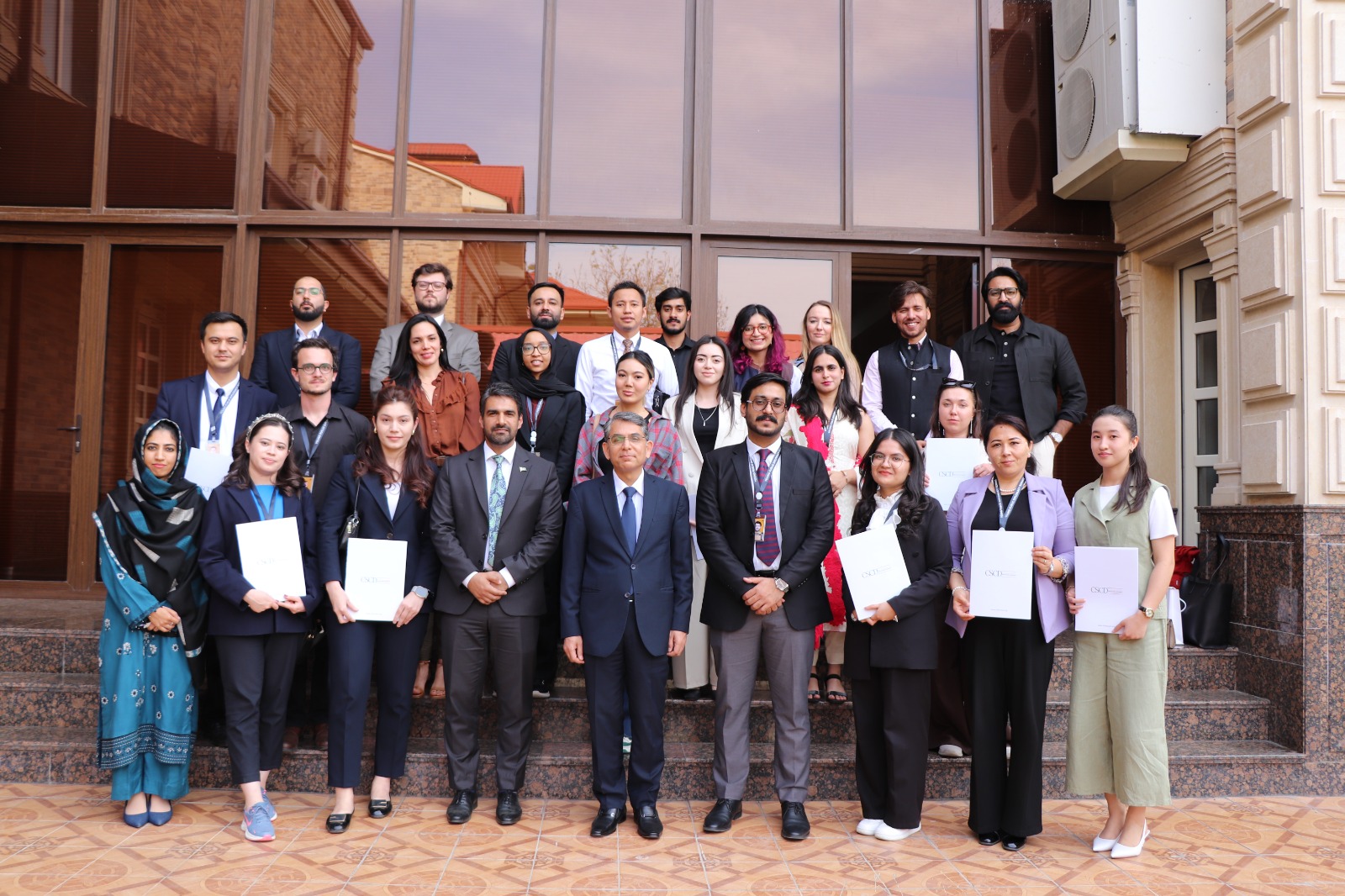The Young Public Diplomacy Summit (YPDS) Tashkent 2025, convened from April 6-9, represents a pivotal moment in contemporary diplomatic engagement, successfully positioning Uzbekistan as a critical nexus for East-West dialogue while advancing substantive policy frameworks for next-generation diplomatic practitioners. Building upon the institutional momentum established in Baku and Istanbul, this edition demonstrated measurable progress in developing actionable diplomatic methodologies and fostering strategic partnerships across 30+ nations. Through interactive workshops, high-level panel discussions, and institutional visits, participants gained valuable insights and practical skills essential for leadership and impactful engagement in public diplomacy.
Historic gathering positions Uzbekistan as key facilitator for next-generation diplomatic innovation
The Young Public Diplomacy Summit (YPDS) Tashkent 2025 concluded today after successfully convening emerging diplomatic leaders from over 30 nations to address critical challenges in contemporary international relations. Organized by the Center for Strategy and Cultural Diplomacy (CSCD) in partnership with Tashkent State University of Law, the three-day summit established actionable frameworks for diplomatic practice while positioning Uzbekistan as a strategic facilitator in East-West dialogue.
The summit’s innovative approach combined diplomatic training with cutting-edge methodologies, focusing on four key areas: balancing Eastern and Western diplomatic traditions, reviving Silk Road economic corridors, strategic cultural communication, and leveraging intellectual heritage for academic diplomacy. Participants developed hybrid diplomatic frameworks that integrate Eastern consensus-building traditions with Western institutional efficiency, addressing gaps in contemporary diplomatic education.
The program featured participants from diplomatic services, academic institutions, international organizations, and civil society, reflecting the expanding scope of modern diplomatic practice. Key outcomes include comprehensive policy recommendations for diplomatic missions operating in culturally diverse environments and strategic communication protocols for cross-civilizational dialogue.
The summit’s pedagogical innovations, including interactive simulations and structured debates, have been adopted by participating delegates for their own training. Field visits and engagement with local diplomatic practitioners from the Embassy of Pakistan in Tashkent provided practical context while demonstrating effective integration of host country perspectives.
Building on successful previous editions in Baku and Istanbul, YPDS Tashkent 2025 establishes a foundation for continued institutional development in diplomatic education. The partnerships formed extend beyond ceremonial arrangements to create sustainable relationships promising ongoing academic and diplomatic exchange. The success of the Tashkent model suggests potential for establishing permanent diplomatic training institutions in strategic locations, with future programming expected to address digital diplomacy and climate-related diplomatic challenges.










